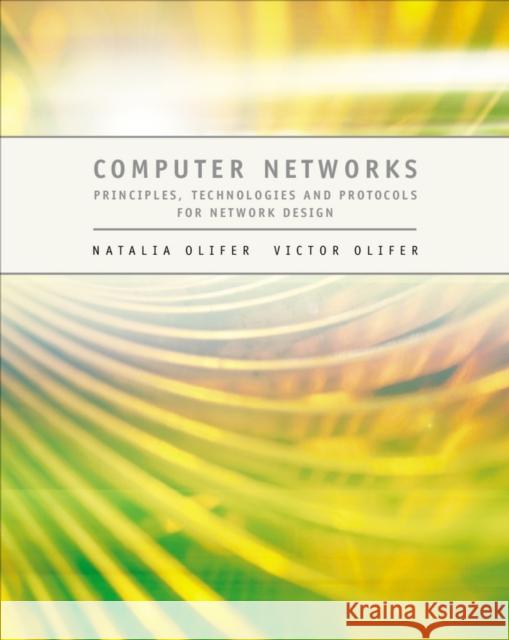Computer Networks: Principles, Technologies and Protocols for Network Design » książka
topmenu
Computer Networks: Principles, Technologies and Protocols for Network Design
ISBN-13: 9780470869826 / Angielski / Twarda / 2006 / 1000 str.
This is a comprehensive guide covering both the theory of basic networking technologies as well as practical solutions to networking problems.
- Networking concepts explained plainly with emphasis on how networks work together
- Practical solutions backed up with examples and case studies
- Balance of topics reflects modern environments
- Instructor and Student book site support including motivational courseware











